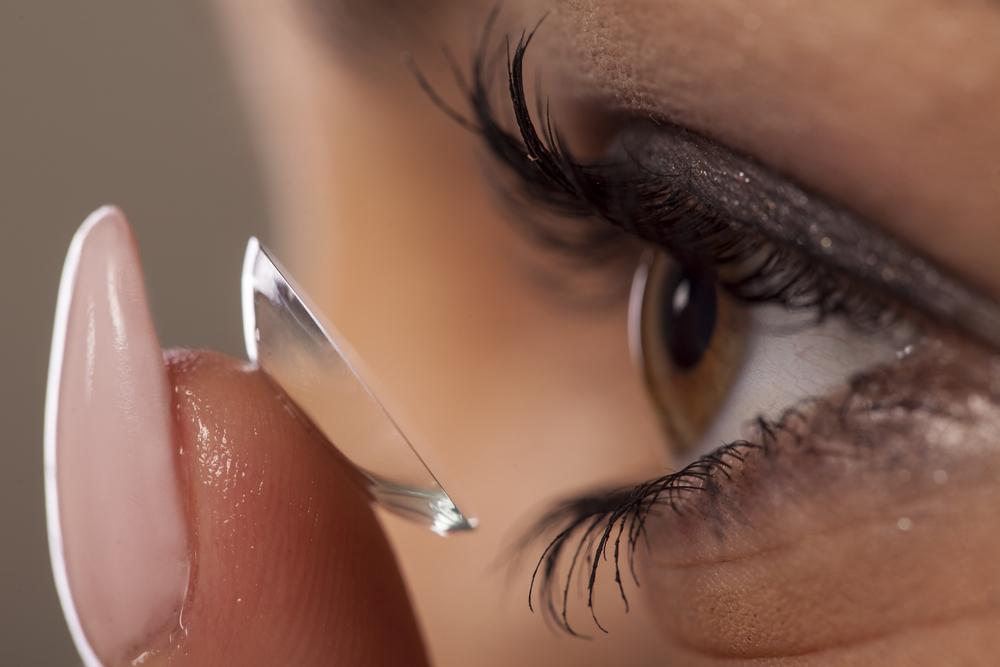Essential Tips for Proper Contact Lens Usage
Learn essential tips for using contact lenses safely and effectively. This guide covers lens types, care routines, and precautions to prevent complications. Improve your eye health by following professional advice and maintaining proper hygiene with contact lenses, whether for vision correction or style. Get informed about the latest advancements in lens technology for comfortable wear and optimal vision clarity, ensuring a safe and enjoyable experience with your lenses.

Essential Tips for Proper Contact Lens Usage
Contact lenses offer a versatile solution for vision correction and style enhancement, whether you prefer natural or colorful options. These thin, curved devices sit directly on the eyeball and are typically transparent, sometimes tinted for easier handling. Available in soft and rigid forms, soft lenses are more popular due to comfort and convenience. Advances include silicone-hydrogels that improve oxygen flow to the eye, enhancing comfort during wear.
Types of Contact Lenses
Soft Contact Lenses:
Constructed from flexible plastics that allow oxygen to reach the cornea.
Designed for ease of use and greater comfort compared to Rigid Gas Permeable lenses.
Recent soft lenses utilize silicone-hydrogels, which facilitate increased oxygen permeability during wear.
Rigid Gas Permeable (RGP) Lenses:
Typically more durable, resistant to deposits, and provide sharper vision.
Easy to handle and less prone to tears.
Initial comfort may be lower, requiring a period of adjustment.
Extended Wear Lenses:
Usually made from soft, flexible plastics allowing oxygen passage.
Can be worn continuously for 1 to 30 nights, depending on the lens type and optometrist’s advice.
These lenses depend on the user’s compatibility with overnight wear and should be used under professional guidance.
Disposable Contact Lenses:
Most soft lenses are recommended with a frequent replacement schedule.
Daily disposables are replaced every day, ensuring hygiene and reducing risk.
Some lenses labeled as 'disposable' are intended for planned, frequent replacements.
Preventing Contact Lens Complications
Despite their safety and FDA approval, contact lenses require proper prescription and care to avoid issues like infections or inflammation that could impair vision. To minimize risks:
Consult an eye specialist before use.
Buy lenses from reputable sources.
Maintain proper hygiene and cleaning routines.
Follow all instructions for use and maintenance.
Adhere to prescribed wear and replacement schedules.










